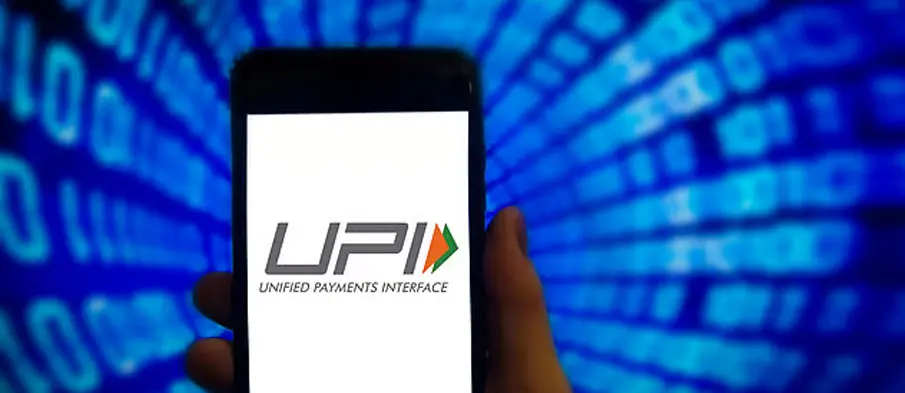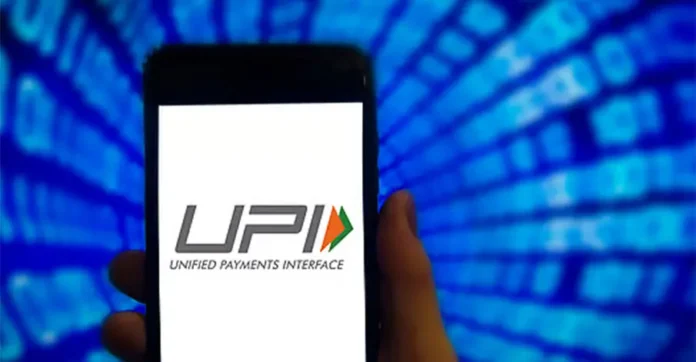
Unified Payments Interface (UPI) continues to cement its position as India’s most transformative digital innovation, reshaping how millions transact daily. In August 2025 alone, UPI processed over 20 billion payments worth nearly $300 billion, accounting for around 85% of all digital transactions in the country—a clear testament to its dominance in the fintech landscape. Now, with the National Payments Corporation of India (NPCI) introducing biometric authentication, users can authorize payments through Face ID or fingerprints, marking a significant shift from PIN-based verification.
According to Sonu Yadav from CheQ, this upgrade will eliminate “PIN paranoia” and especially benefit low-literacy users by making transactions faster and more inclusive. Major digital payment platforms like Paytm, PhonePe, and GPay are already racing to integrate AI-powered shopping assistants and biometric capabilities into their ecosystems, signaling a new era of intelligent, user-friendly payment experiences.
The integration of artificial intelligence into UPI is set to make payments smarter, contextual, and more seamless. At GFF 2025, RBI Governor Sanjay Malhotra unveiled a suite of innovations including AI-based UPI Help, IoT Payments, Banking Connect, and UPI Reserve Pay. These initiatives aim to make financial support more responsive, multilingual, and personalized, while also enabling payments through connected devices.
Tech and retail players are quickly embracing this evolution. Lenskart announced plans to enable direct UPI payments via its upcoming smart glasses, and ChatGPT’s UPI integration now lets users shop and pay within the AI platform itself. Pragya Misra from OpenAI noted that AI can create “personalised, secure commerce experiences,” while Yadav emphasized that this shift will make payments “frictionless and embedded directly into user intent.”
UPI’s growth story doesn’t stop at India’s borders. The platform is now accepted in seven countries and has been integrated into PayPal World, empowering Indian users to make real-time, cross-border payments without currency or platform barriers.
From roadside vendors in Bengaluru to global e-commerce platforms, UPI has evolved beyond being just a payment method. It is now a digital ecosystem—one that merges AI, biometrics, and global connectivity to redefine how people live, shop, and transact in a borderless, intelligent economy.





